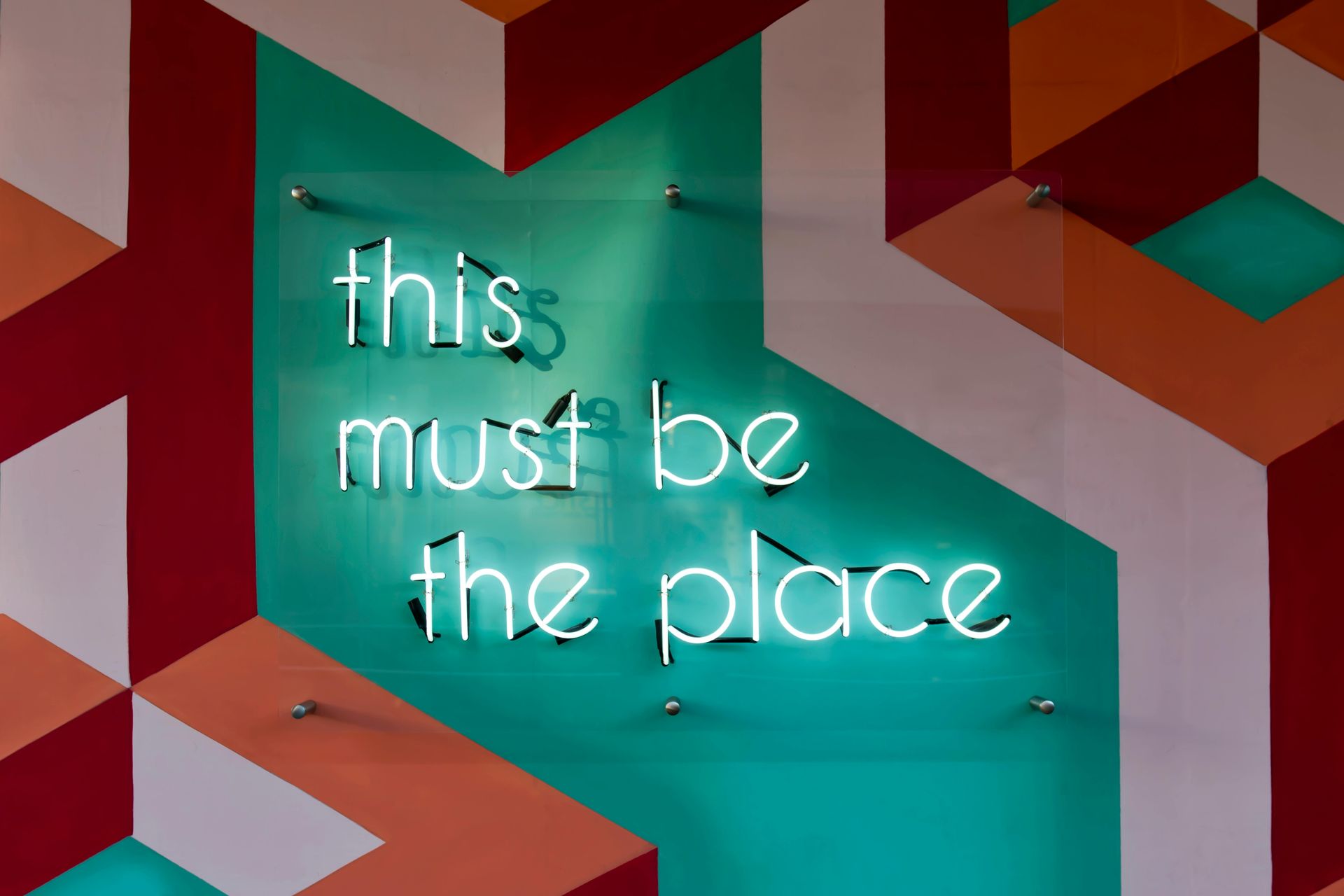How AI is Transforming the Way Software Engineers Build Software
AI-powered tools are automating many routine tasks, from code generation to debugging.

The rapid development of AI is reshaping the software engineering landscape, with far-reaching impacts on how engineers design, develop, and maintain software. Here’s how AI is changing the way software is built and what it means for the future of engineering.
Automating Repetitive Tasks
AI-powered tools are automating many routine tasks, from code generation to debugging. Tools like GitHub Copilot can write code snippets, while other AI solutions assist with testing, creating test cases, and even simulating different user behaviors. This automation frees engineers to focus on more complex tasks, making development faster and more efficient.
Enhancing Problem Solving and Design
AI can assist with architectural design decisions and recommend optimal solutions for system requirements. Engineers can also leverage AI to break down complex problems, suggesting the best approaches and even specific algorithms. This support enables engineers to tackle more challenging projects with greater confidence and insight.
Streamlining Collaboration and Knowledge Sharing
AI is improving team collaboration by generating documentation automatically, summarizing codebases, and highlighting relevant information as engineers work. This makes it easier to share knowledge and onboard new developers, and helps prevent knowledge silos. AI could also support version control by predicting how code changes interact, helping engineers manage code merges smoothly.
Supporting Continuous Learning and Development
AI can provide engineers with personalized learning paths and real-time feedback, helping them refine their skills and adapt to new languages or frameworks. Engineers receive feedback based on their coding patterns, helping them improve both technical skills and efficiency over time.
Speeding Up DevOps and CI/CD
AI-driven tools enhance DevOps processes by automating deployment configurations, monitoring real-time performance, and predicting potential issues before they affect users. This allows for smoother and safer deployments, reducing the time to market and maintaining product reliability.
Elevating Creativity and Innovation
As AI takes over repetitive tasks, engineers are free to focus on high-level, creative problem-solving. This shift allows engineers to concentrate on delivering unique user experiences and developing solutions to meet complex, human-centered needs.
Navigating Ethical and Security Challenges
AI also introduces new responsibilities around ethics and security. Engineers must be vigilant about AI-driven biases, building fairer systems for users. Additionally, AI enhances security, helping engineers detect vulnerabilities in real-time and anticipate threats before they arise.
The Future of Software Engineering with AI
As AI becomes an essential part of the engineer’s toolkit, software development will evolve to be faster and more collaborative, with a stronger focus on creativity and user experience. In this new era, engineers will transition from writing code manually to orchestrating AI-driven development, unlocking more time to innovate and design impactful solutions. The future of software engineering is a hybrid approach where AI supports and enhances human capabilities, allowing engineers to create software that is both technically sophisticated and uniquely aligned with human needs.










